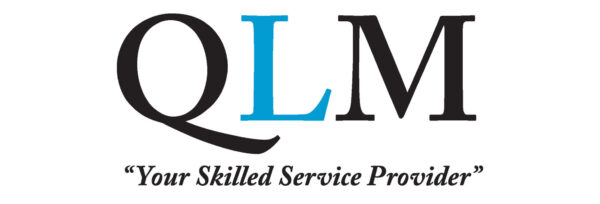
Ready to align people + technology on your next build? Talk to QLM or learn about our Open Positions .
The Future of Construction: Where Technology Meets Skilled Labor
The construction industry is evolving rapidly, driven by innovations in digital tools, site monitoring, and safety systems. But technology alone can’t build roads, bridges, or facilities — it needs qualified, dependable people behind it.
At QLM, we believe the strongest projects emerge when you marry technology and human expertise. In this hybrid model, cutting-edge tools multiply the value of skilled trades, making operations safer, more efficient, and scalable.
1. Key Technologies Reshaping Construction
Here are several technology trends already influencing job sites — and where staffing strategy must adapt alongside them.
a. Digital Workforce & Labor Management Tools
QLM’s labor management solution improves scheduling, compliance, overtime tracking, and worker allocation. These systems allow companies to:
- Schedule based on real-time demand
- Track hours, breaks, and overtime automatically
- Ensure compliance with labor laws
- Monitor labor costs and productivity
b. Drone & Aerial Site Monitoring
Drones help capture aerial imagery, monitor project progress, detect site changes, and flag deviations before they become problems. When paired with trained operators and staff who know how to interpret data, you reduce rework and speed decisions.
c. Wearables & Site Safety Tech
Smart helmets, sensors, geofencing, and proximity alerts help detect hazards, enforce site boundaries, and monitor conditions. But their effectiveness heavily depends on whether crew members are trained, disciplined, and committed to using them. For best practices, see OSHA Construction Safety.
d. Collaboration & Cloud Platforms
Modern software platforms allow field crews, project managers, and subcontractors to work from the same real-time plans. Change orders, safety updates, and resource assignments sync instantly — reducing miscommunications and site delays.
2. Why Technology Isn’t Enough (Without the Right People)
Technology is powerful — but underutilized or misapplied without the proper workforce. Here’s where many projects stumble:
- Low adoption: Tools go unused if team members haven’t been trained or motivated to use them.
- Resistance to change: Field crews can default to traditional methods if they don’t see value or support.
- Skill mismatch: Tech systems assume certain baseline skills (digital literacy, data input discipline), which may be lacking.
- Safety dependence: Safety tech can only prevent incidents if workers follow protocols and respond to alerts.
- Scaling gaps: As projects grow or shift, staffing must flex in tandem with tech demands.
3. The Hybrid Advantage: How QLM Ties Tech + Skilled Staffing Together
QLM’s approach is built on blending technology with an expert workforce. Here’s how we do it in practice:
- Pre-Qualified, Tech-Capable Workforce: QLM staffs projects in construction, heavy industrial, utility solar, marine, and mission-critical industries. Many team members arrive with trade experience and familiarity with digital tools.
- Training & Support for New Tools: When a client rolls out new digital systems, QLM can support training and onboarding.
- Flexible Scaling to Match Tech Needs: QLM can scale crew size or bring in specialized labor to match tech-driven peaks and valleys, with nationwide reach. See our locations.
- Integrating Labor Management Systems: With QLM’s labor management software, scheduling, compliance, and reporting align with staffing execution.
- Safety & Compliance Anchored in People: QLM emphasizes safety culture, training, and oversight, ensuring safety tech is adopted and followed. Learn more about our safety program.
4. What Contractors & Clients Should Prepare For
If you’re planning to adopt a hybrid model — combining staffing and technology — here are steps to maximize success:
- Audit your workflow gaps. Identify bottlenecks and high-friction handoffs first.
- Start small & pilot. Pick a high-impact use case (e.g., time tracking, safety alerts) to prove value.
- Partner with staffing firms who ‘get’ tech. Align talent with the tools you’re standardizing on.
- Include change management. Communicate the “why,” train thoroughly, and reinforce behaviors.
- Measure everything. Set baseline KPIs (rework, downtime, safety incidents) and track improvements.
- Scale thoughtfully. Standardize what works; retire what doesn’t.
Need help planning the rollout? Contact QLM to align staffing and technology from day one.
5. Conclusion
In construction, progress is no longer just about bricks, rebar, or concrete — it’s about how well you integrate technology and human capability. At QLM, we build the bridge between the two.
By combining smart tools (labor management, site tech, safety systems) with a specialized, safety-minded workforce, QLM ensures clients get more than manpower — they get value, consistency, and adaptability.
Frequently Asked Questions
Q1: What is the ‘hybrid model’?
It’s the integration of modern jobsite technologies with trained, safety-minded tradespeople who can implement and act on those tools.
Q2: Which tools matter most today?
Labor management platforms, drone monitoring, wearables and proximity sensors, and cloud collaboration systems.
Q3: How does QLM help adoption?
We place tech-ready talent, support onboarding and training, integrate schedules and compliance, and reinforce a strong safety culture.
Q4: Where does QLM operate?
Nationwide. See our locations or contact us to scope your market.


